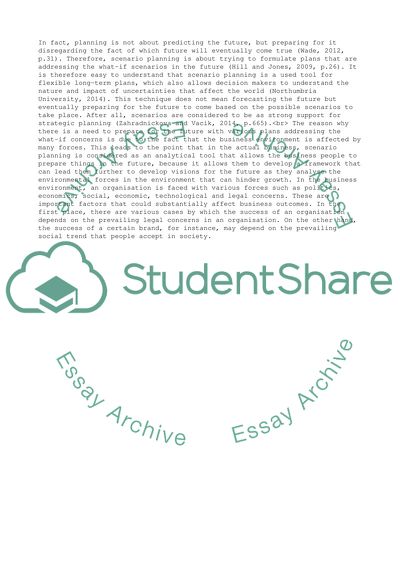Cite this document
(“Contemporary Issues in Business Essay Example | Topics and Well Written Essays - 2500 words - 1”, n.d.)
Retrieved from https://studentshare.org/business/1641146-contemporary-issues-in-business
Retrieved from https://studentshare.org/business/1641146-contemporary-issues-in-business
(Contemporary Issues in Business Essay Example | Topics and Well Written Essays - 2500 Words - 1)
https://studentshare.org/business/1641146-contemporary-issues-in-business.
https://studentshare.org/business/1641146-contemporary-issues-in-business.
“Contemporary Issues in Business Essay Example | Topics and Well Written Essays - 2500 Words - 1”, n.d. https://studentshare.org/business/1641146-contemporary-issues-in-business.


